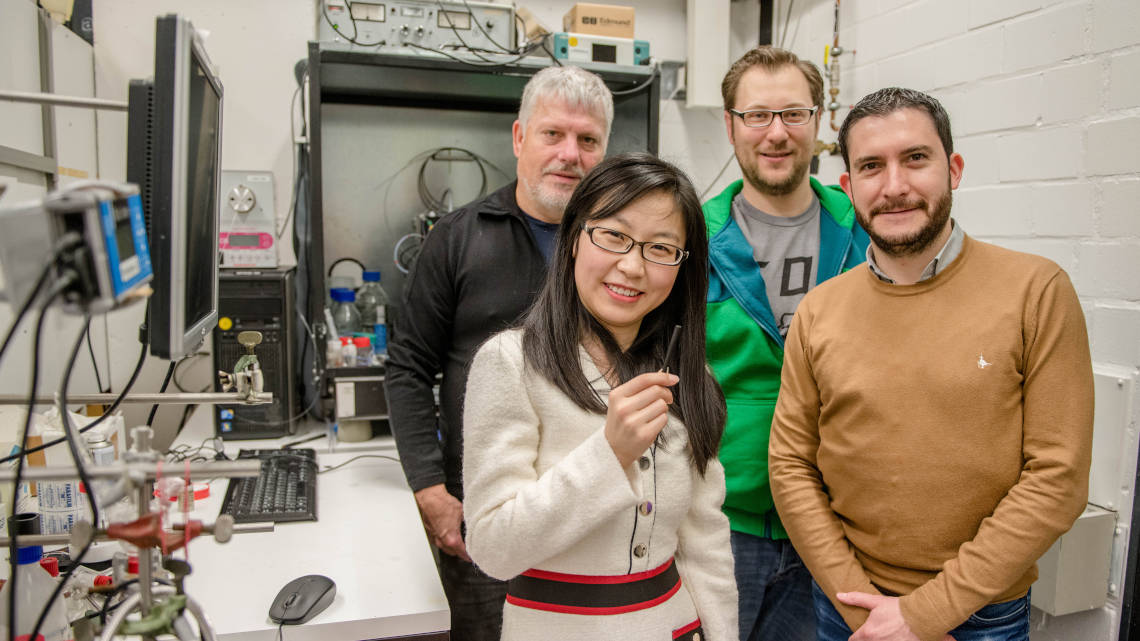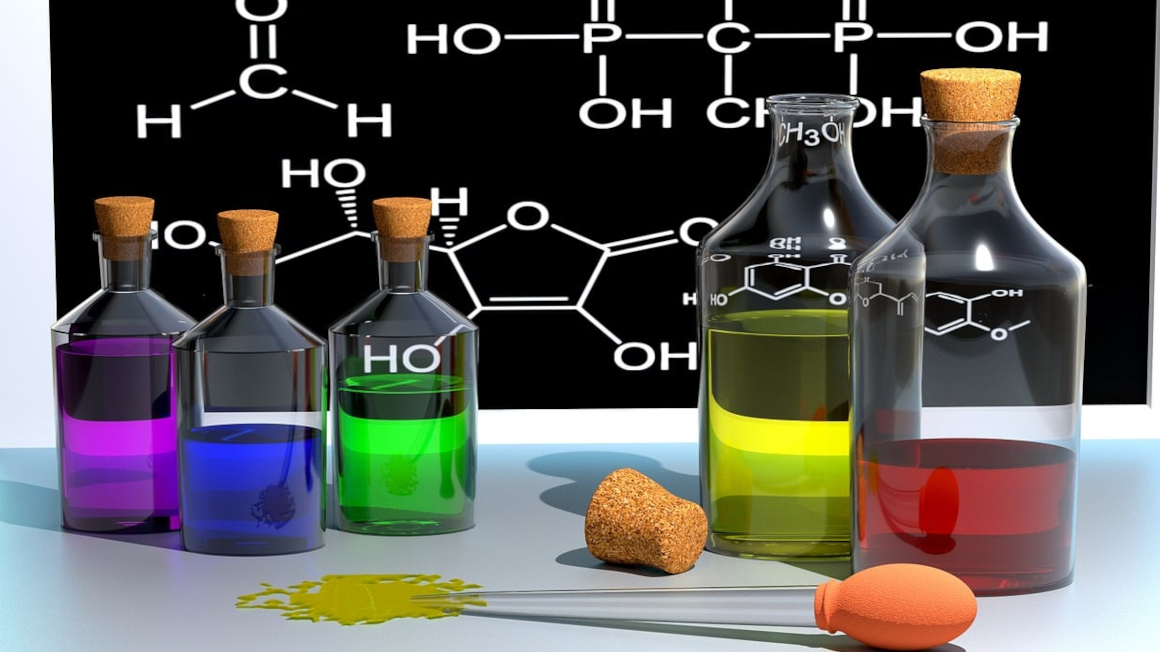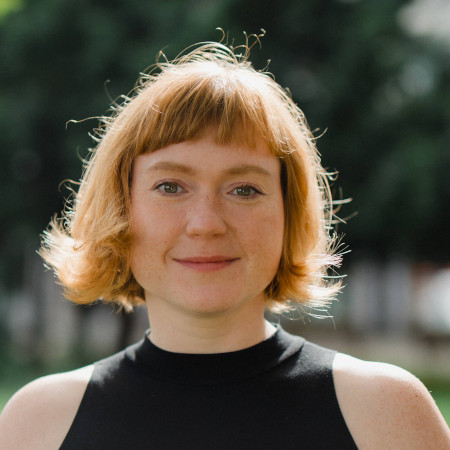Artificial photosynthesis improved
Researchers at the University of Bochum have improved the lifetime of bioelectrodes by making a protein complex involved in the photosynthetic process more durable.

It is one of the most important protein complexes for life on earth: the so-called Photosystem I. As part of photosynthesis, the complex is used by plants to generate energy for their metabolism from sunlight. Electrochemists have been trying for a long time to use this principle for technical applications. Now, an breakthrough has been made by a team from the University of Bochum.
Optimized by evolution
Plant photosynthesis is of interest to scientists on two counts: On the one hand, the process has been continuously optimised over millions of years of evolution and is very efficient. On the other hand, proteins are easily and ecologically available - in contrast to the catalysts of some chemical processes.
Bioelectrodes with a durability problem
In the meantime, several research groups have demonstrated how bioelectrodes that use the Photosystem I can be used to generate electricity. However, these bioelectrodes have a very limited stability. "To generate energy sustainably and efficiently, we must not only understand but also overcome the processes that limit the lifespan of renewable energy conversion technologies," says Wolfgang Schuhmann of the University of Bochum, explaining their approach. The results were now published in the Journal of the American Chemical Society.
Oxygen-free systems last much longer
The team found that the limited stability of the bioelectrode is due to the fact that reactive molecules damage the photosystem I. Oxygen is responsible for the formation of these reactive molecules. "We have therefore proposed the design of bioelectrodes that work in an oxygen-free environment," explains Felipe Conzuelo, one of the authors.
Milestone for photobioelectrodes
Experiments with the new bioelectrodes have confirmed the approach: The life span of these electrodes was significantly extended when oxygen was eliminated. "We have thus taken an important step towards the efficient development and later application of photobioelectrodes for energy conversion," sums up Fangyuan Zhao.
The work was supported by the German Research Foundation ("DFG") as part of the Resolv Cluster of Excellence (EXC 2033 project number 390677874) as well as the German-Israeli project cooperation in the "Nanoengineered optoelectronics with biomaterials and bioinspired assemblies" project.
bl/um


